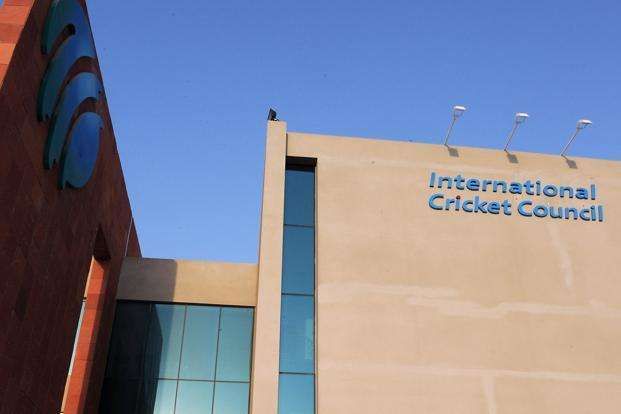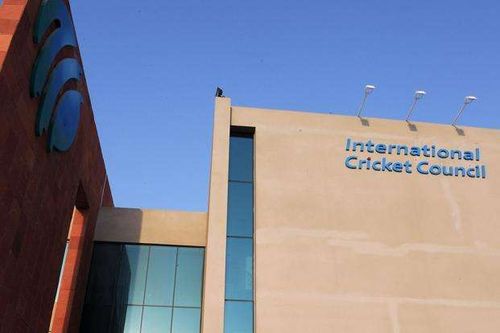
ICC refuses to interfere in BCCI's legal tussle with the Supreme Court

The Board of Control for Cricket in India’s (BCCI) request to the sport’s governing body to help them wriggle out of the mess they find themselves in with the Supreme Court of India has fallen on deaf ears with the International Cricket Council (ICC) making it clear that there was no sound reason to interfere in the ongoing legal tussle as of now.
The Supreme Court have been behind the BCCI for some time now, especially since the infamous 2013 IPL spot-fixing scandal that ultimately resulted in the two-year suspension of the Chennai Super Kings and Rajasthan Royals franchise from the 2016 edition of the T20 tournament.
Apart from that, the apex court in India has directed the BCCI to implement a number of recommendations of the Lodha Committee report that has been tabled to reform the way the game is run in India.
After initially agreeing in principle to implement most of the Lodha committee recommendations, the BCCI hierarchy headed by president Anurag Thakur and secretary Ajay Shirke, filed a review petition against the Supreme Court verdict in August. The BCCI was hopeful that they would find additional support from the ICC based on Article 2.9 of the ICC’s Articles of Association that prohibits government interference and requires free and fair elections.
ICC's article 2.9 further states that "where a government interferes in the administration of cricket by a Member, including, but not limited to interference in operational matters, the selection and management of teams, the appointment of coaches or support personnel, the Executive Board shall have the power to suspend or refuse to recognize that Member."
Five months ago, the ICC had suspended the Cricket Association of Nepal and had also warned Sri Lanka Cricket previously when the central government appointed an interim committee to look after the cricketing affairs in the country. The BCCI were hopeful that the ICC would issue a similar warning with regards to the happenings behind the scenes in Indian cricket.
They were particularly unhappy about the apex court’s directive to nominate a Comptroller and Auditor General of India councillor in the Apex Council and a representative of the State Accountant General’s office in the Apex Council of a member as they felt it was no less than government interference.
However, the ICC made it clear that they would not be taking any action on the matter unless it receives a complaint from any of its 105 full, associate or affiliate members or a member unit of the BCCI.